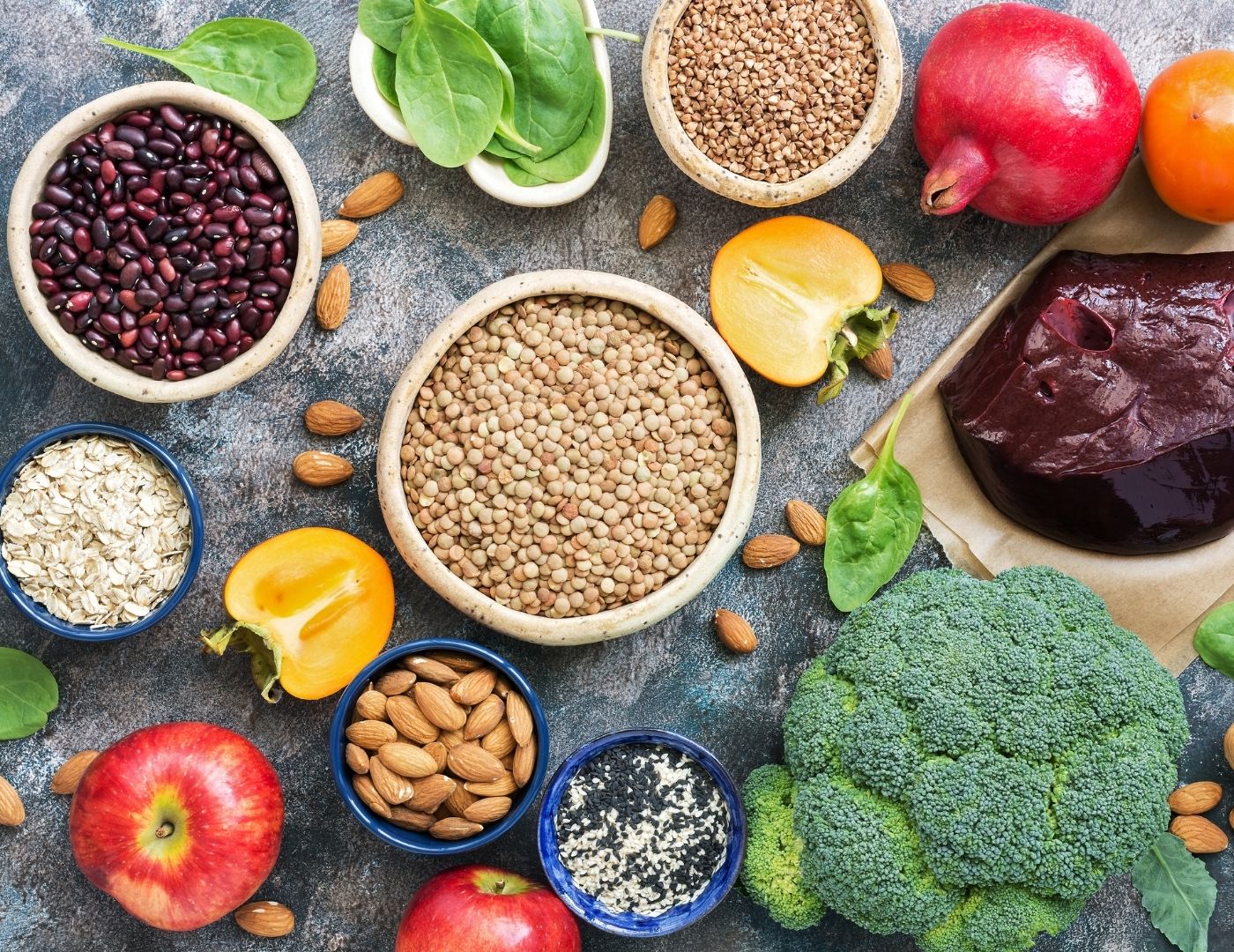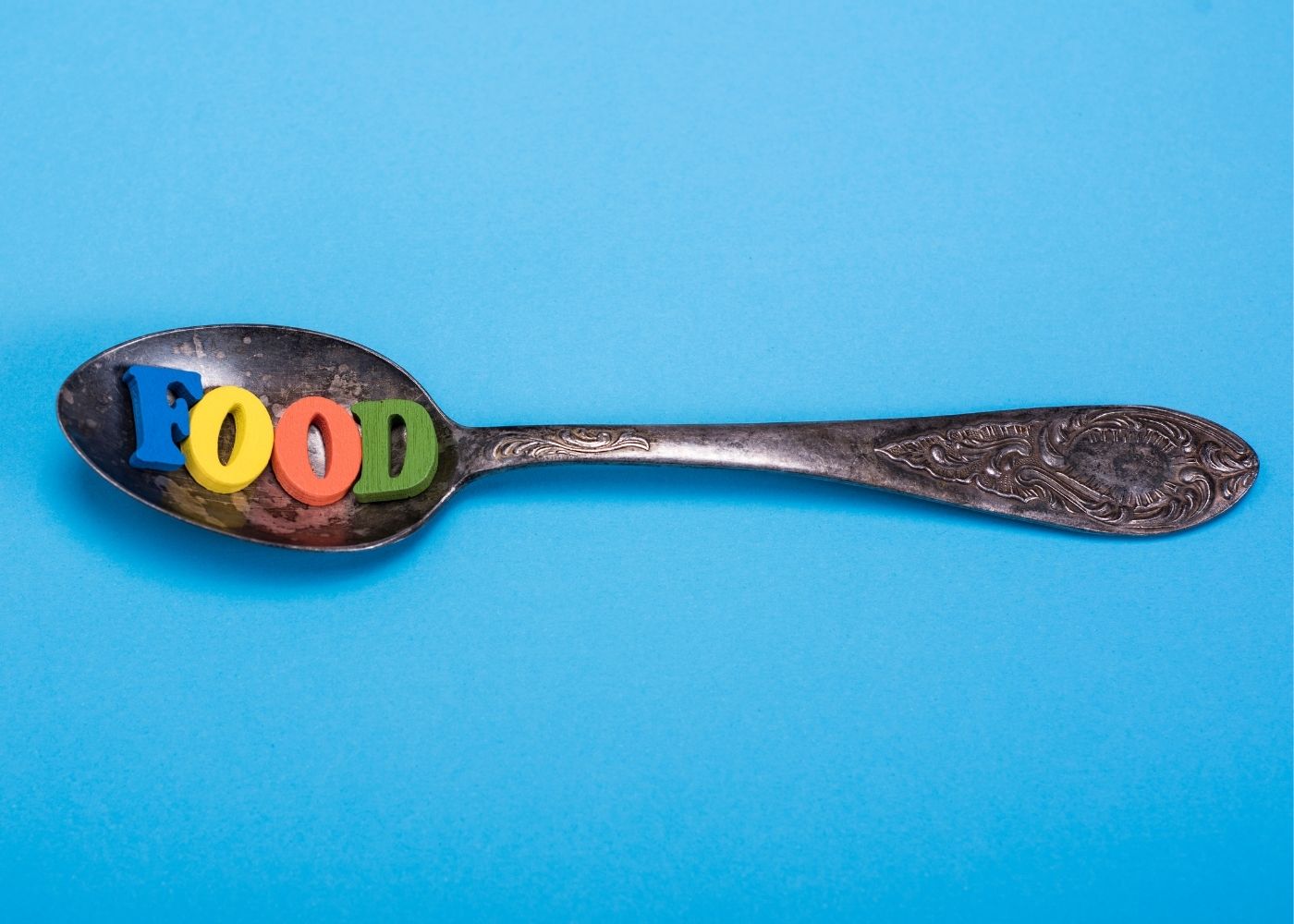Despite access to food, water and healthcare, iron deficiency is the only nutrient deficiency still prevalent in the developed world.
Iron deficiency in pregnancy is a common issue. Feeling washed out, listless and extremely fatigued? Before heading down the adrenal fatigue path, consider iron deficiency. In addition to being tired, symptoms include looking pale, feeling faint, breathless and having a rapid heart rate.
Poor delivery of oxygen throughout the body not only leads to a lack of energy being produced but reduces your ability to fight infections. Low iron levels can impair the function of many enzymes responsible for hormone production and detoxification. Iron is of vital importance during times of growth such as pregnancy, adolescence, and in children from six months to four years old. Low iron levels during these times may impair growth and development.
Did you know, 40% of women begin pregnancy without enough iron? Iron deficiency in pregnancy is something I see in my clinic frequently. Recent research has found that the cells involved in building the embronic brain during the first trimester were most sensitive to low iron levels. Iron is responsible for the growth of the placenta, effects the growth and health of the baby and protects against blood loss during birth.
It’s so much harder adjusting to life with a newborn when you are iron deficient. Poor iron levels in pregnancy increase the chance of having a baby with a low birth weight and of being born preterm.
Up to 10% of preschool children in Australia are anemic.
In the last trimester of pregnancy, babies store 80% of the iron they need to be able to continue to grow for the first six months of life. Iron from diet is essential to be able to fuel the baby’s growth and brain development.
Demand often outweighs supply, especially if the child is a fussy eater. Unfortunately a poor appetite (which ironically is a symptom of iron deficiency in children) compounds the problem. Studies have shown that iron supplementation in children with iron deficiency anaemia increases attention, concentration and IQ scores.
The solution
The only ways to get enough iron is via food (and supplements, if required).
Haem sources of iron come from animals such as red meat, organ meats, chicken, turkey, fish and oysters.
Non-haem sources come from plants such as kelp, molasses, brewer’s yeast, pumpkin seeds, cashews, Jerusalem artichokes, Swiss chard, dandelion greens, prunes and dates. Unfortunately they are not as well absorbed as haem iron, but every little helps!
The Rules about Absorption
- To increase the availability of plant iron, combine it with vitamin C, meat, poultry or seafood.
- Combining iron rich foods with grains (such as corn, wheat and rice), beans and legumes reduces the amount of iron being absorbed. This is due to them containing the iron binding substances gluten, phytate and polyphenols.
- Iron inhibitors in the form of dairy products, tea, coffee and red wine should not be consumed with meals or iron supplements, and should be separated by 2 hours.
- Other nutrients such as zinc, calcium and manganese can also interfere with iron absorption and are best taken away from each other and meals if you’re aiming to eradicate iron deficiency in pregnancy.
- Iron supplementation requires consultation with a healthcare practitioner to determine need and type. Iron Sulphate, prevalent in many traditional supplements, can cause significant gastrointestinal discomfort and constipation. Other forms such as iron bisglycinate are better absorbed with no nasty side effects.
- If an iron supplement has been recommended by a professional then it should be taken on an empty stomach with vitamin C, a half hour before food or 1 hour after food. Preferably not close to bedtime.
There are a number of conditions that can cause tiredness and fatigue. Before jumping to conclusions try to keep it simple and RULE OUT IRON DEFICIENCY FIRST.
Want to know more about diet during pregnancy? Read about how warming foods can improve your chances of a healthy pregnancy.
Carmen Farrugia is a trusted and experience pregnancy expert based in Brunswick, Melbourne. Proudly part of Brunswick Health. Click here if you’d like to book an appointment with Carmen today.
cc

